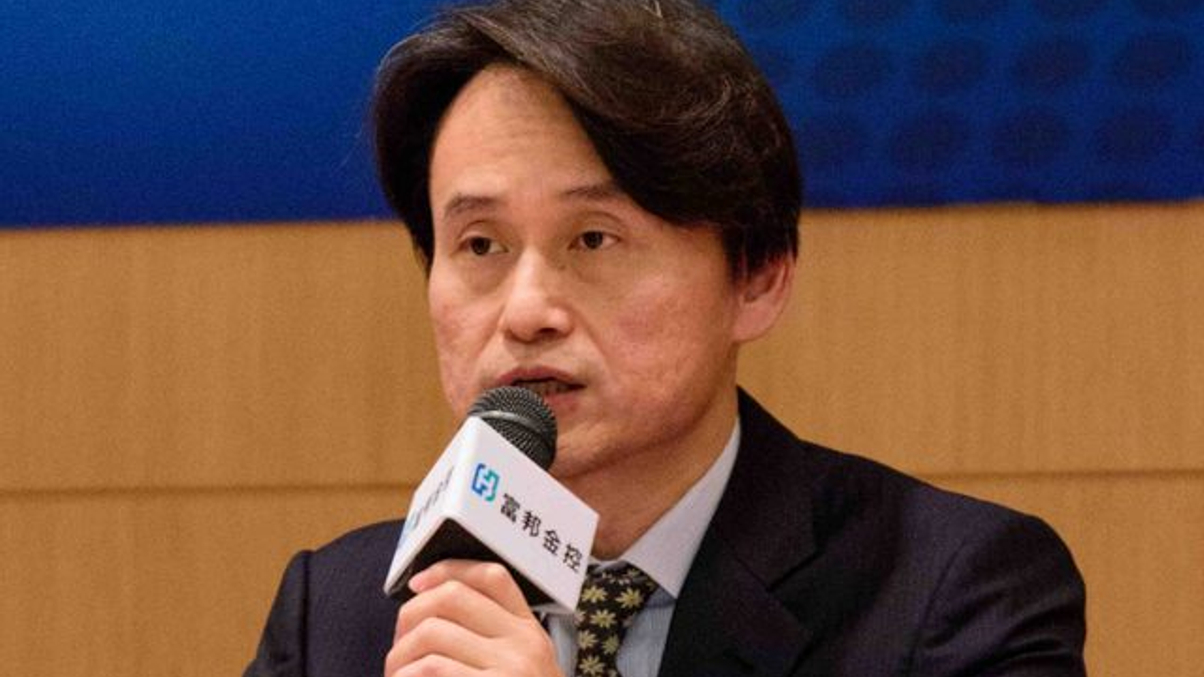Fubon Life raising US bond and PE exposure, cautious on EM debt
Taiwan's Fubon Life, with $95 billion in AUM, is putting its faith in North American large-cap credit this year and adding private equity exposure, but will be more selective on EM debt.

Taipei-based insurer Fubon Life is raising its exposure to North American bonds and private equity, but remains cautious on emerging-market debt, even as its regional peers are said to be looking to EM to boost returns. On the equities side, it plans to invest more domestically than offshore in the second half of 2016.
Sign in to read on!
Registered users get 2 free articles in 30 days.
Subscribers have full unlimited access to AsianInvestor
Not signed up? New users get 2 free articles per month, plus a 7-day unlimited free trial.
¬ Haymarket Media Limited. All rights reserved.


